
Customer Relationship Management (CRM) refers to technology businesses use to manage interactions and nurture relationships with customers and potential customers. CRM software ensures that every interaction with customers is smooth and efficient to boost overall revenue.
While CRM software has existed in some form since the 90s, its popularity has skyrocketed in the last decade due to its proven ROI. CRM systems are no longer just for large companies but for everyone. Recent research shows that 91% of companies with over 11 employees use CRM software today.
What Does CRM Software Do?
At its core, CRM is all about helping teams maximize their communications and sales efforts. Businesses typically have many hundreds, thousands, or even hundreds of thousands of contacts to manage. These contacts would be anything from leads to customers and even business partners. Small businesses often try to manage these relationships using email inboxes or spreadsheets, but this becomes quickly unmanageable as the business grows.
However, CRM systems go beyond being a simple address book. While they capture basic details you would include in a spreadsheet, like name, address, phone number, type of customer, and sales purchase data, they can also do so much more. For example, a CRM system can capture customer interactions across all channels and match them to customer accounts in one centralized location. In addition, it can apply lead scoring based on triggers, note the potential customer's stage in the sales funnel, and more.
Comprehensive CRM systems capture every single question, customer preference, past interactions, and service request. The idea behind tracking all customer interactions is that subsequent interactions can be made personalized and relevant to each customer. Armed with this information, companies become better at cross-selling, up-selling, and exceeding customer expectations. In other words, companies gain a competitive edge in a fiercely competitive world where consumers have more options than ever before.
One of the critical reasons CRM has surged in popularity even further in recent years is due to the rise in cloud-based and mobile CRM systems. Cloud-based CRM software allows employees to access real-time customer data from any device at any time. The latest research shows that cloud-based mobile CRM systems boost employee adoption and productivity and allow more agents to meet their sales quotas.
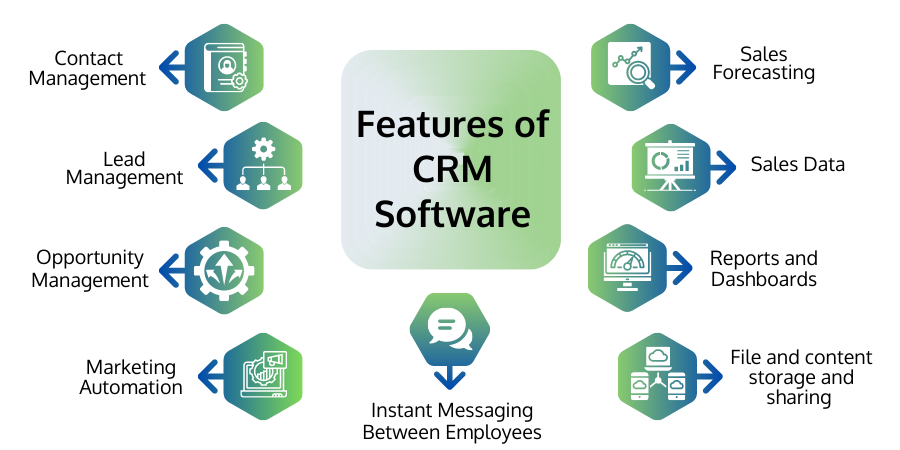
Key Features of CRM Software
- Contact Management - Gather necessary details about all contacts and segment them into groups to bolster marketing efforts.
- Lead Management - This technology helps businesses decide which leads they should follow up on based on multiple demographic or behavioral factors. This allows the sales team to focus on the right leads at the right time.
- Opportunity Management - Identify the potential customers that are most likely to convert and identify any cross-selling and up-selling opportunities for customers. This helps the sales and marketing teams streamline their efforts.
- Reports and Dashboards - Customer data, sales data, and other measurable information is aggregated and presented in intuitive dashboards and reports.
- Marketing Automation - Some CRM systems allow you to automate parts (or all) of your marketing activities. For example, you can instantly deploy campaigns to target specific customer segments within the CRM.
- Sales Forecasting - Forecasting allows the sales team better visibility over their pipelines and allows them to qualify leads more accurately. Additionally, it allows companies to set a benchmark for success and determine whether their efforts (output) are on par with the results.
- Sales Data - CRM systems organize raw sales data so it can be visualized in dashboards and reports. This allows companies to obtain better insights and make better decisions.
- Instant Messaging Between Employees - Coworkers often need to ask each other questions or provide support, and instant messaging promotes the efficient flow of information.
- File and Content Storage and Sharing - For data to be useful, it needs to be stored properly. CRM systems support the organized and centralized storing of contact files and data, and allow the straightforward but secure sharing of these documents between employees or other systems.
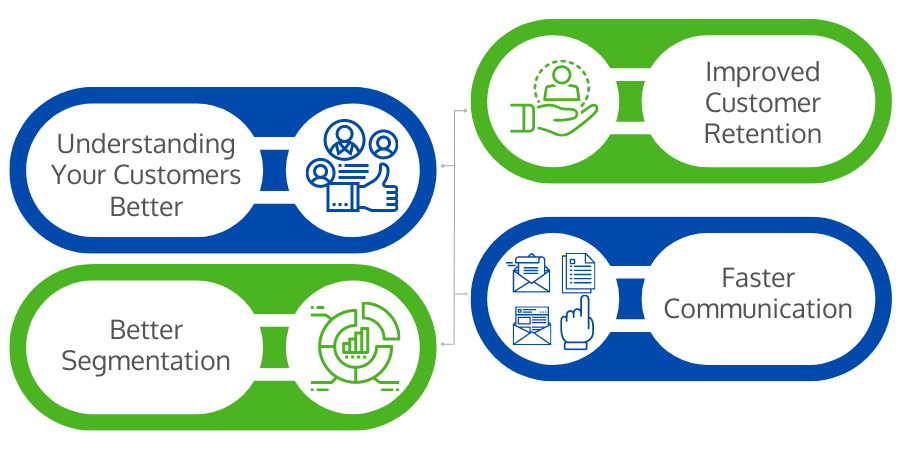
Benefits of CRM Software
There are many benefits of CRM systems, but here are the top four:
- Understanding Your Customers Better - The more information you have on your customers, the more you can personalize their experiences and boost conversions.
- Better Segmentation - Customer segmentation is a crucial tenant of modern marketing and sales efforts, and CRMs help you break down customers by many different criteria to create highly targeted campaigns.
- Improved Customer Retention - CRM systems help nurture current customer relationships and ensure your customers don't move to a competitor.
- Faster Communication - Customers become frustrated by slow responses, or worse, being ignored. CRM systems speed up communication by offering customizable ready-to-use email templates, newsletters, documents, quotes, and so on.
Further Reading:
Simplify Your Sales and Marketing: Unlocking the Power of CRM




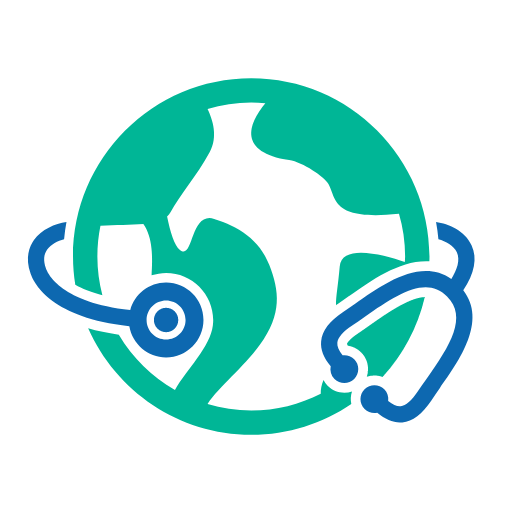



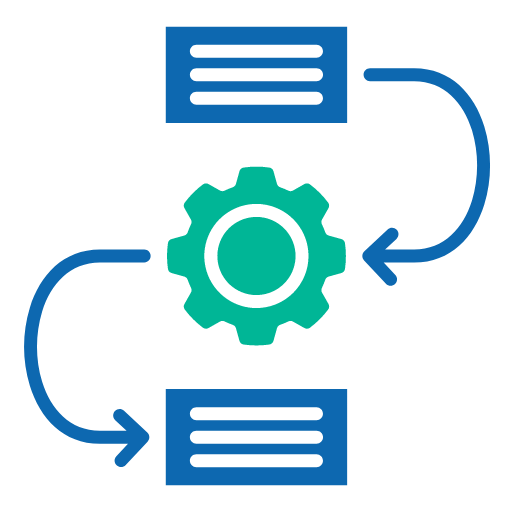


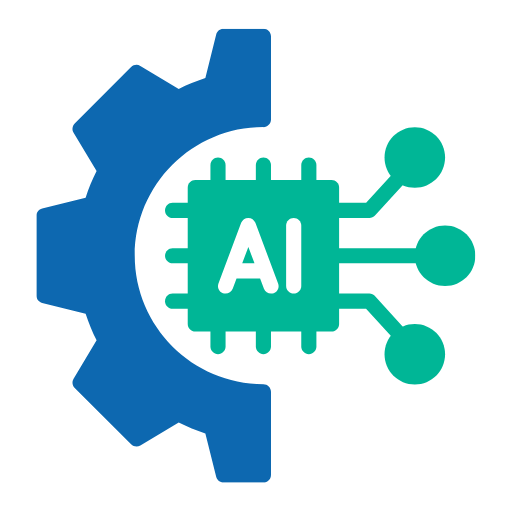


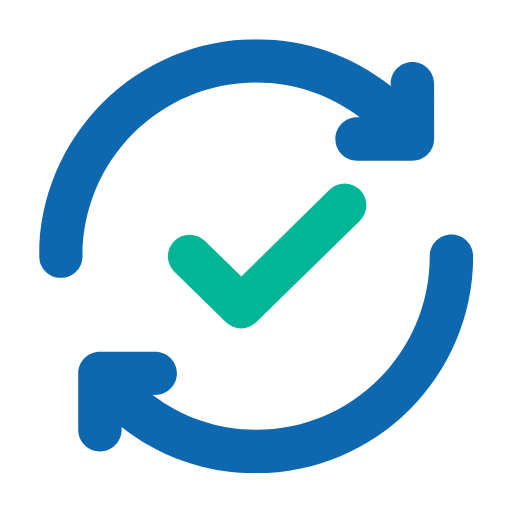
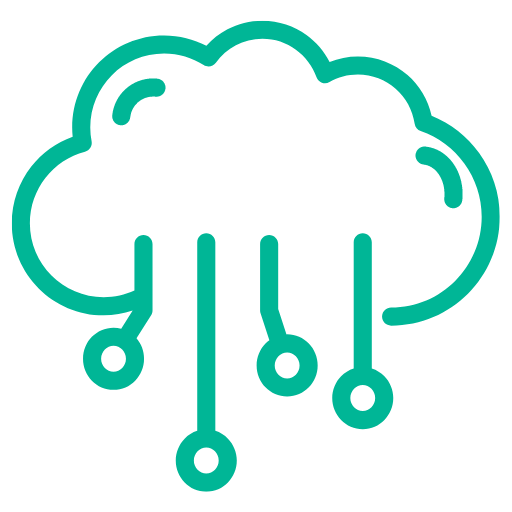



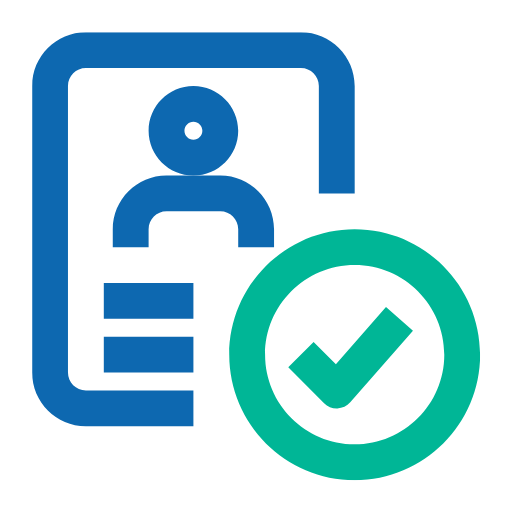


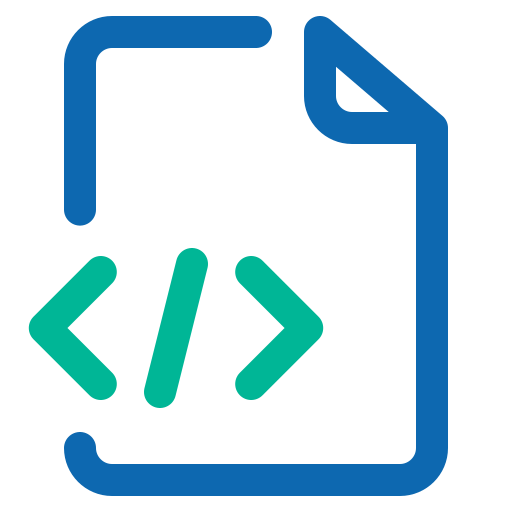
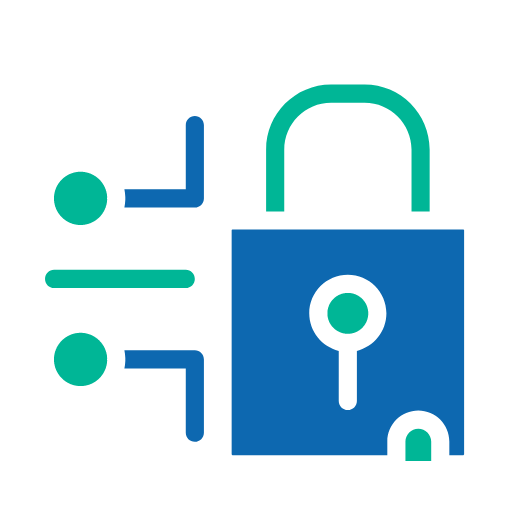
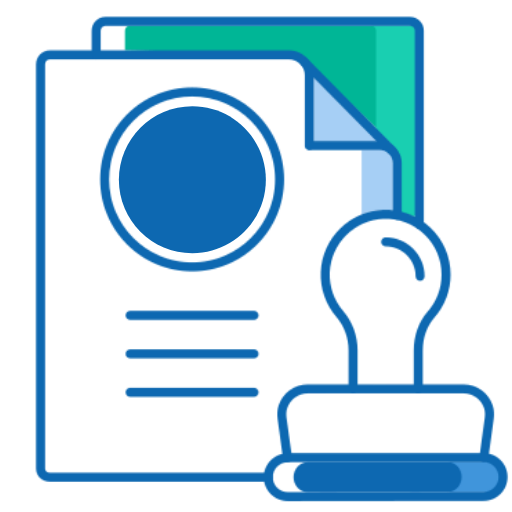
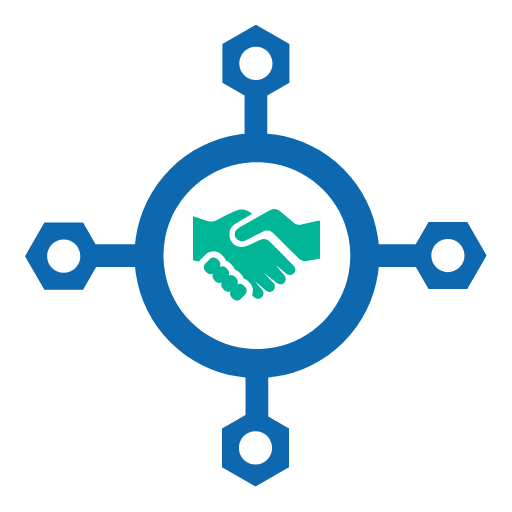

 Batoi Corporate Office
Batoi Corporate Office